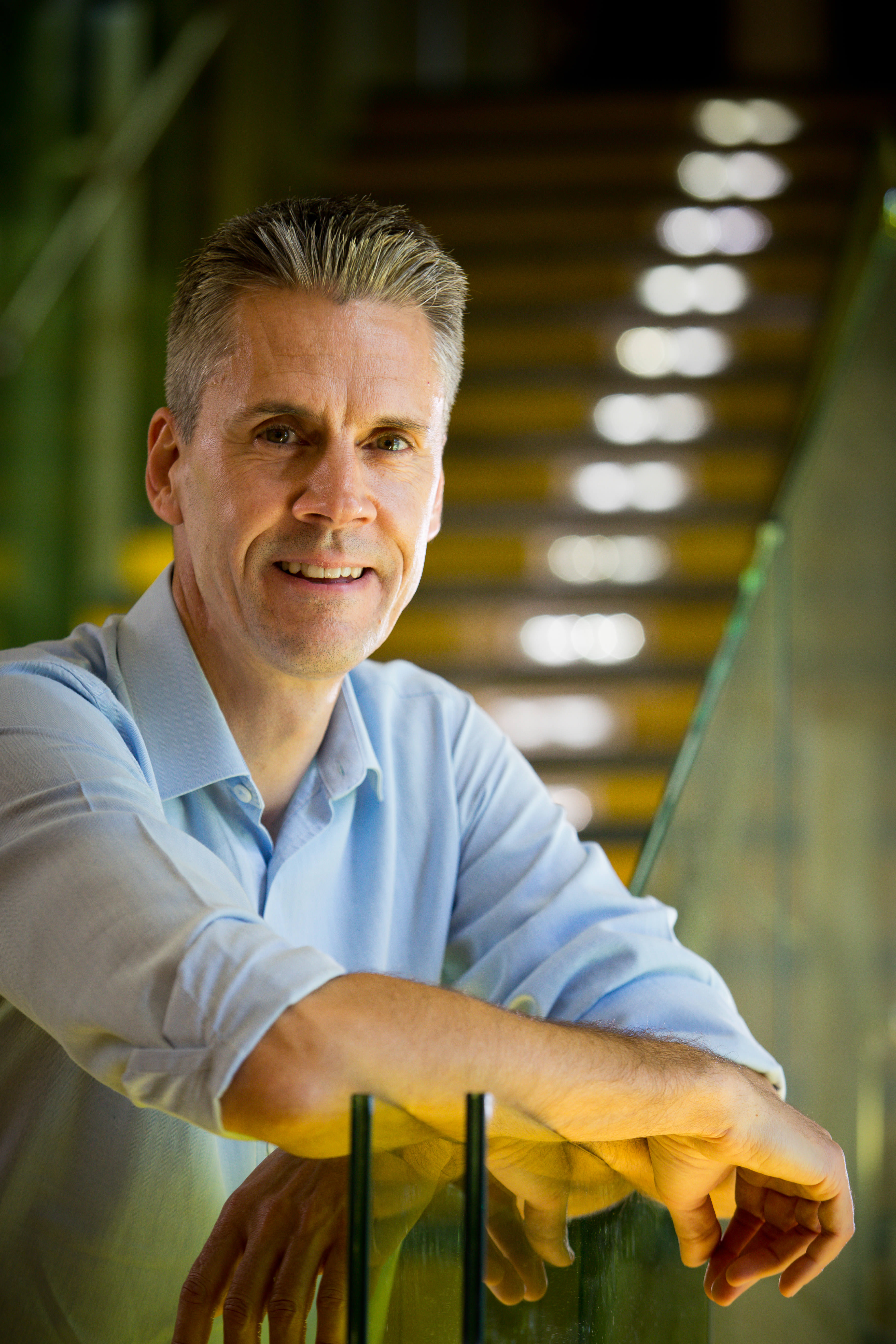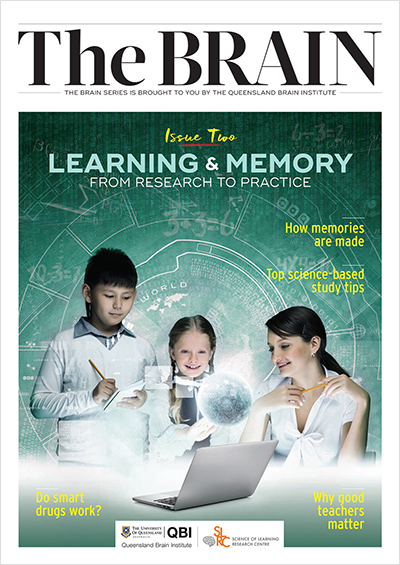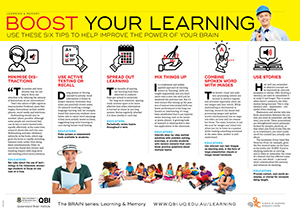Jason Mattingley: learning and memory
 What fascinates you about the brain?
What fascinates you about the brain?
There’s not much that doesn’t fascinate me about the brain to be honest. But here are a few key areas of fascination: how does the brain filter the vast amount of sensory information it receives in order to guide behaviour? How are intentions and goals transformed into actions? Why are the outcomes of some neural processes available for conscious report whereas other are not? Is there a single brain “code” for information processing?
Your research is directed towards understanding attention in humans—can you explain a bit more?
Most of us regulate our attention effortlessly, and for the most part we’re not even aware of what we’re doing. But attention is a multi-faceted and complex brain function that is only beginning to be understood. It’s important we do so, because many developmental and acquired brain disorders cause impairments of attention, and these can be very debilitating for sufferers.
Are there things we can do to boost or train our attention span?
The easiest and most obvious way we can help to focus our attention is by reducing the amount of distractions in our environment. Getting a good night’s sleep and avoiding large quantities of caffeine also helps. In terms of training, there is evidence that playing “arcade” style computer games, in which a broad focus of attention and constant vigilance are needed to score points and survive, can improve people’s selective attention.
How might your work be translated to classrooms?
One obvious translational application of our work is to reinforce what many teachers already know: the likelihood that a student will remember a new fact or rule depends to a large extent on how well he or she paid attention during learning. Reducing distractions in the classroom, and making sure each student is in an optimal state of readiness to process new information, is critical to effective learning.
What do you think have been the most significant findings in neuroscience in your lifetime?
The discovery of some of the basic mechanisms of learning and memory, and the realisation that the brain is highly plastic and is thus able to change itself throughout our lifetime.
What do you think is the next big frontier for neuroscience?
Cracking the brain’s code. We still don’t know how “information” is actually represented in the distributed pattern of molecules, cells and circuits in the brain. In other words, we don’t know how the physiological processes in the brain regulate our thoughts and behaviours.
What’s been your best day in the lab/at work?
I’ve had lots of “best days”. Making a new discovery, or getting a paper accepted for publication, or winning a new grant. But ultimately the best days happen when I look at a new set of data and get a glimpse of the workings of one more small cog in the vast machine that is the human brain.



